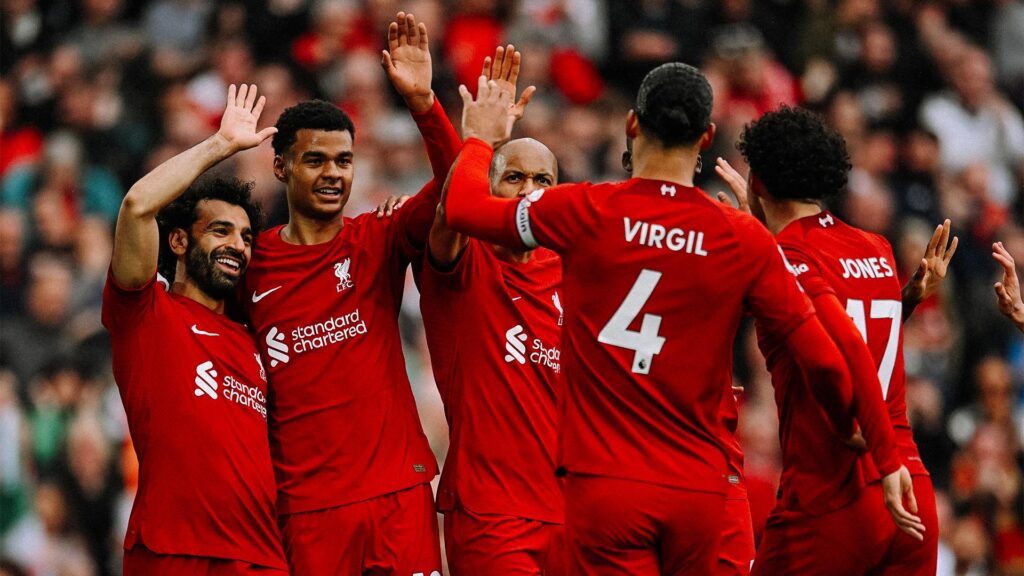In response to worries regarding the growing number of matches that are scheduled for the football season, Virgil van Dijk, who plays for Liverpool, has stated that he is willing to give up ten percent of his salary rather than take part in fewer matches. It is anticipated that the defender, who has been an outspoken critic of the crammed football calendar, will have a greater workload this season with both Liverpool and the Netherlands competing against each other.
As the number of games continues to increase, players have often expressed their concerns on the possibility of an increase in the frequency of serious injuries. A great number of players in the Premier League are currently suffering from extended absences, and the increased number of fixtures is frequently cited as the cause of their problems.
Top club players may participate in as many as seventy matches during the course of a season, as indicated by the data provided by the FIFPRO players’ union. The increasing number of matches is a result of a combination of factors, including clubs’ advancement in various tournaments and international commitments involving the clubs.
In order to protect his health while he was on international service, Van Dijk was asked whether he would choose to forego ten percent of his income or reduce the amount of time he spent playing. As a result of being placed in such a difficult situation, he voiced his dissatisfaction, suggesting that players should not be required to make decisions of this nature.
It was brought to his attention that the number of matches was increasing, and he emphasized the need of players to express their concerns and work together to find a solution. When asked about the importance of health over financial gain, Van Dijk emphasized that he is willing to make compromises in terms of his financial situation for the sake of the larger good. In addition to that, he said that negotiations are currently taking place with the Professional Footballers’ Association (PFA) in order to address these challenges.
